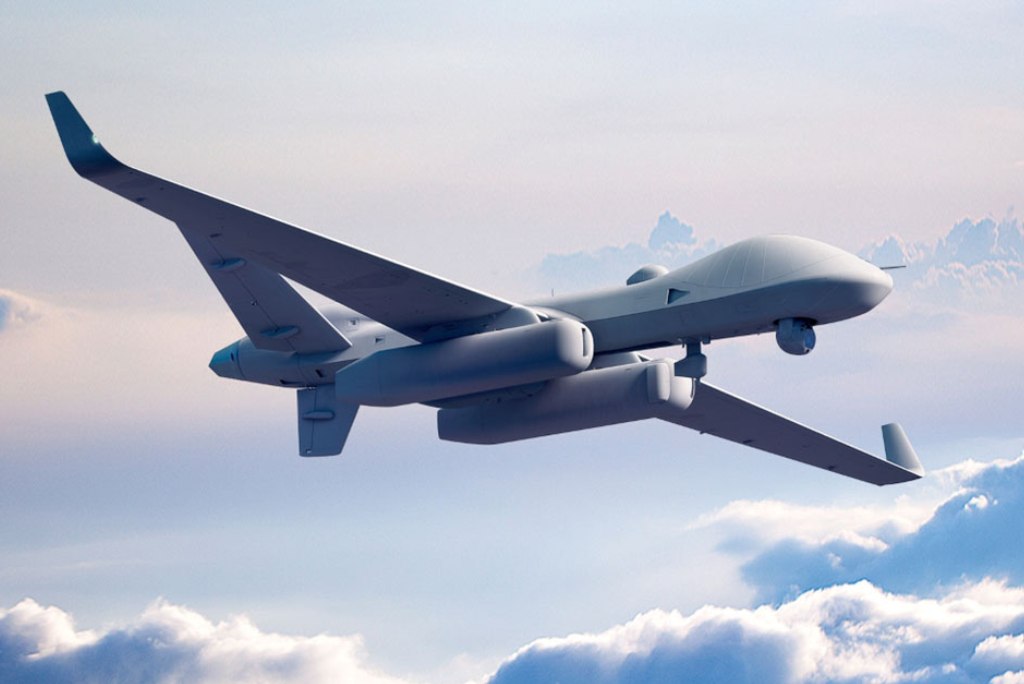Prospects for Turkey’s Reentry into the F-35 Program: Analyzing Recent Developments
Background of Exclusion
In a significant diplomatic pivot, President Recep Tayyip Erdogan has expressed optimism regarding Turkey’s potential reentry into the U.S. F-35 program, which has been a contentious point in U.S.-Turkey relations since 2019. Turkey was removed from the program after its acquisition of the Russian S-400 missile defense system, leading to a deterioration in defense cooperation between the NATO allies.
Sanctions and Geopolitical Dynamics
Following Turkey’s procurement of the S-400s, the United States imposed sanctions on Turkey’s defense sector, further straining bilateral relations. However, with the returning administration of President Donald Trump, there appears to be a renewed interest from both sides to reconcile differences:
- 2019: Turkey is expelled from the F-35 program due to S-400 purchase.
- 2020: Sanctions are enacted against Turkey, impacting defense collaborations.
- 2023: Indications emerge that both nations are eager to mend ties.
Erdogan’s Position
While addressing reporters during a recent trip from Azerbaijan, Erdogan emphasized his belief that Trump would honor a previous agreement regarding the F-35s, suggesting a sequential delivery method during his presidency. This statement underscores a confidence that the political landscape may tilt in favor of renewed defense partnerships.
- Key Quote: Erdogan noted that the F-35 issue transcends mere military technology, indicating it is also vital for fostering robust collaboration on international platforms like NATO.
This sentiment illustrates a broader aspiration from Turkey to reposition itself within the Western defense architecture, amidst growing security challenges in the region.
Diplomatic Signals and Future Collaborations
Tom Barrack, the U.S. envoy to Turkey, recently indicated to Anadolu Agency that the sanctions are likely to be lifted by year’s end, pointing to an imminent thaw in relations. He highlighted:
- Direct instructions from both presidents to their diplomats to explore diplomatic solutions.
- Anticipated Congressional support for a collaborative resolution.
While Erdogan’s recent outreach to Trump emphasized the necessity for Turkey to purchase U.S. F-16 fighter jets, it is crucial to recognize that this is part of a broader defense strategy. Turkey seeks not just aircraft but also a reintegration into high-tech military programs like the F-35, which represents a shift towards advanced capabilities that are critical for NATO operations.
Broader Implications for NATO
As Turkey navigates its defense alliances, the significance of reestablishing ties with the U.S. cannot be understated. The F-35 program symbolizes advanced combat capabilities and interoperability within NATO. The geopolitical landscape, influenced by military technology sharing and defense collaboration, sets a tone for the collective security framework aimed at countering emerging threats.
Key Considerations
- Reengagement in the F-35 program would not only bolster Turkey’s military capabilities but also reinforce the cohesion of NATO.
- The U.S. must weigh the implications of Turkey potentially acquiring advanced military capabilities amidst regional rivalries and security concerns.
Conclusion
As diplomatic channels open, the narrative surrounding Turkey’s strategic military procurement and partnerships remains dynamic. Both Ankara and Washington appear motivated to resolve longstanding disputes, making the potential reentry of Turkey into the F-35 program not just a bilateral issue but a crucial element affecting NATO’s strategic posture.





